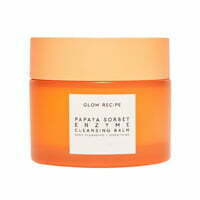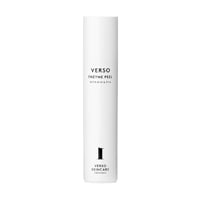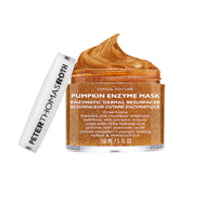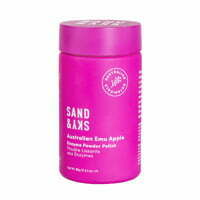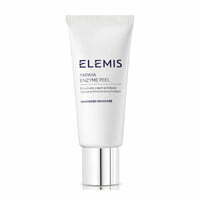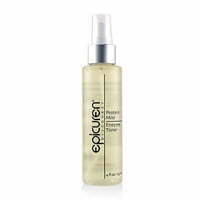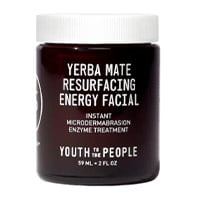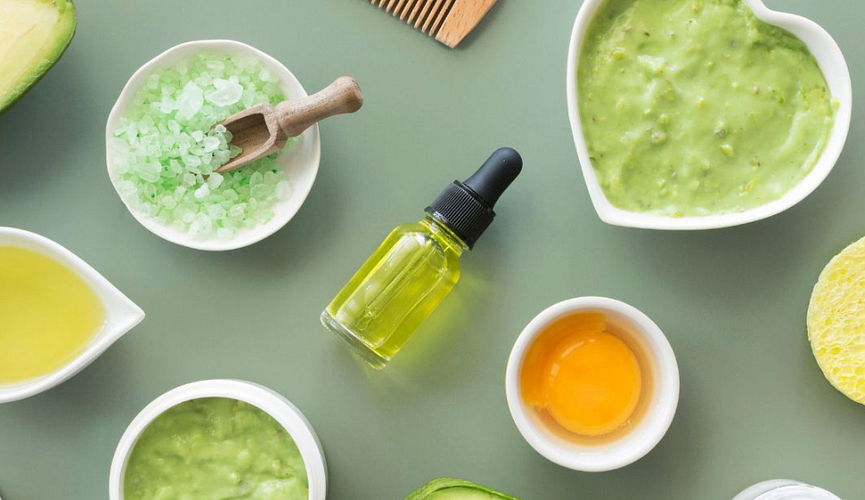
5 Enzymes in Skin Care Products
that Can Improve the Texture of Your Skin
Enzymes are proteins that help your body run chemical reactions needed to sustain life and for good health. Without enzymes, chemical reactions would be extremely slow and life wouldn't be sustainable. While you think of enzymes as working inside the body, enzymes found in certain foods may also be key to keeping your skin healthy and improving its texture. In fact, more skincare brands are adding natural enzymes to skincare and cosmetic products.
How Do Enzymes in Skin Care Products Work?
Enzymes in skincare products act on the surface of the skin to break down old skin cells that cause your complexion to look dull. Therefore, enzymes have a mild exfoliating effect. They help eliminate that old surface layer of skin cells that cause your complexion to look dull. They do this by breaking down old keratin proteins that hold skin cells together. Unlike an exfoliating pad or exfoliating granules that can abrade or damage the skin, enzymes gently dissolve old skin cells in a manner that isn't harmful to your skin. Some skincare experts refer to them as natural exfoliators.
The other benefit enzymes added to skincare products have is that they act as free radical scavengers. One enemy of youthful, and healthy skin is oxidative stress. By acting as free radical scavengers, enzymes fight free radical damage that contributes to aging.
You can buy products for skincare that contain enzymes, including cleansers and scrubs. You can find ones combined with other plant extracts and added vitamins. For example, some products contain vitamin C, a vitamin with antioxidant activity. An additional benefit of using products with enzymes is they help remove dead skin cells so that the other active ingredients in the product can penetrate more effectively and offer the most benefits.
Although enzymes improve skin texture, there's not a lot of research on them at this point. Based on the way they work it makes sense that they would be beneficial for improving skin texture. However, they can also cause skin irritation.
If you aren't familiar with enzymes in skincare products, here are some that offer the most benefits:
Papain
One of the most common enzymes in skincare formulations is papain and it's sometimes in combination with bromelain. Papain is an enzyme derived from the papaya fruit. Although it comes from natural sources, it can still cause significant skin irritation. Some people also develop allergic reactions to papain. If you have an allergy to latex, mangoes, or kiwi, you're at higher risk of being allergic to papain. If you use a product that contains it, apply it to a small portion of your skin and see how your skin responds. If you experience significant redness or itching, it's not for you.
Bromelain
As mentioned, you often find bromelain in combination with papain in skincare products. Bromelain is an enzyme that comes from pineapple that also has antioxidant, anti-inflammatory, and anti-bacterial benefits. Because of its anti-inflammatory benefits, it's a good choice for people with sensitive skin. It's best for getting a superficial glow as it doesn't penetrate deeply enough to lighten pigmented areas but it will make your skin look refreshed and renewed with a gentle glow.
Malic Acid
Malic acid is another natural enzyme in some skincare products. What makes it unique is that it comes from sour green apples and is part of a family of enzymes called alpha-hydroxy acids, known for their exfoliating effects. In fact, alpha-hydroxy acids are used at a higher concentration in some skin peels. Malic acid's benefits include improved skin hydration, better skin texture, and increased skin smoothness. An advantage of malic acid is the molecules are larger in size and are less likely to penetrate and cause significant skin irritation. Malic acid is sometimes used in combination with another weak acid called mandelic acid to lighten areas of increased pigmentation.
Protease
Proteases help breakdown skin proteins that hold old skin cells in place. One popular one comes from pumpkin. As with other skin enzymes, protease in skincare products improves skin texture by lifting away dead skin cells to reveal healthier skin underneath. Plus, pumpkin is a good source of vitamin A, another vitamin important for skin health.
Actinidin
Actinidin is a proteolytic enzyme, an enzyme that breaks down proteins. By now you're seeing a theme, right? One source of actinidin is the kiwifruit, a deliciously sweet fruit with a green interior. Kiwifruit is also one of the best food sources of vitamin C and contains an abundance of antioxidants. Vitamin C is critical for maintaining healthy collagen and elastin, the protein that keeps your skin firm and wrinkle-free. Unlike the other enzymes on the list, actinidin from kiwifruit is less irritating to the skin. However, you shouldn't use a product that contains it if you're allergic to kiwifruit. Also, be wary of using it if you have a history of latex allergy.
Even if you use skincare products that contain one of these enzymes, don't forget the basics. The most important step you can take to protect your skin against aging is to wear sunscreen every time you go outside.

